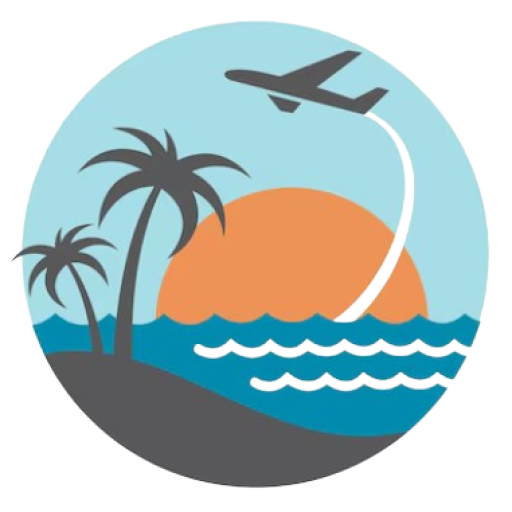What Are Travel’s 5 Advantages?

The advantages of travel might be clear to see. However, did you know that traveling can enhance both your physical and mental well-being?
To find out how travel can improve life in ways that science has demonstrated, keep reading. Let’s begin by examining the motivations behind travel exploration.
Why Do People Travel?
People travel for a variety of reasons. Among them are gaining new experiences, exploring different cultures, going on challenging adventures, and tasting unique foods. However, there are four main categories of travel.

Leisure
Leisure travel is when someone visits a destination for a vacation. They go for fun, relaxation, learning about a place or culture, or outdoor recreation. Essentially, they go to get away from home and work for a while.
People travel near or far for leisure. The point is to press the reset button on everyday life.
Visiting Family and Friends
Traveling to visit family and friends who live in different places is common. While it can also be considered leisure travel, there’s typically a purpose involved. For example, some of the biggest travel days for visiting loved ones are during the holidays.
Business
Business travel is when someone goes to another location for a specific task or event for their job. They usually have little time for sightseeing or leisure activities. Their company typically dictates the agenda and arranges all accommodations.
Volunteerism
Volunteerism is a form of travel in which someone goes to a destination in order to volunteer their services to an organization. For example, helping with disaster relief.
But not all volunteerism is focused on emergencies or non-profit work. People volunteer for things like being a campground host, which allows you to stay free in exchange for working a certain number of hours per week. You can then travel throughout the area on your time off.

What Attracts People to Travel in the First Place?
People are drawn to travel for various reasons. The basic motivators are physical, cultural, interpersonal, and status or prestige.
Physical health is a draw to travel for many people. They may challenge themselves by rock climbing in various destinations, hiking in national parks, snorkeling reefs, or cycling in different locations. You don’t have to be in great physical shape to enjoy the benefits of travel; there are options for any skill level.
Culture is also a motivator. Humans are intrigued by how others live, work, and communicate. Travel allows us to immerse into someone else’s world, even for a short time. And it leads to another motivation for travel, interpersonal relationships. Relating with others worldwide increases our understanding of the mundane to massive world events.
Finally, status and prestige can attract someone to travel. These aren’t necessarily bad motivators. They’re referring to needs of personal esteem and development, which often appear when someone travels for professional or educational purposes.


